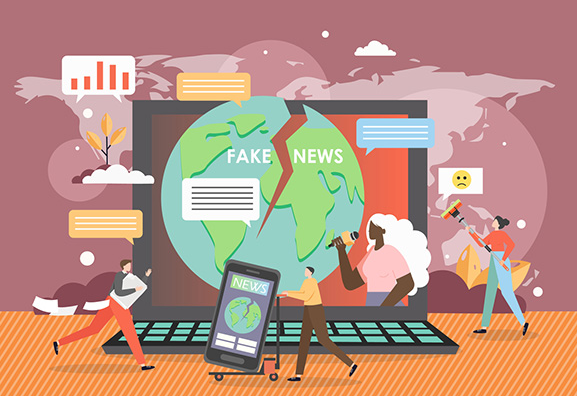
Harmony Chen (9) | STAFF REPORTER
Written May 2023
Increasingly, high school students are reconsidering the value of a university education. Tuition costs can be extraordinarily high, student loan debt reaches tens of thousands, and the investment of time, money, and effort significantly reduces the appeal of post-secondary schooling.








